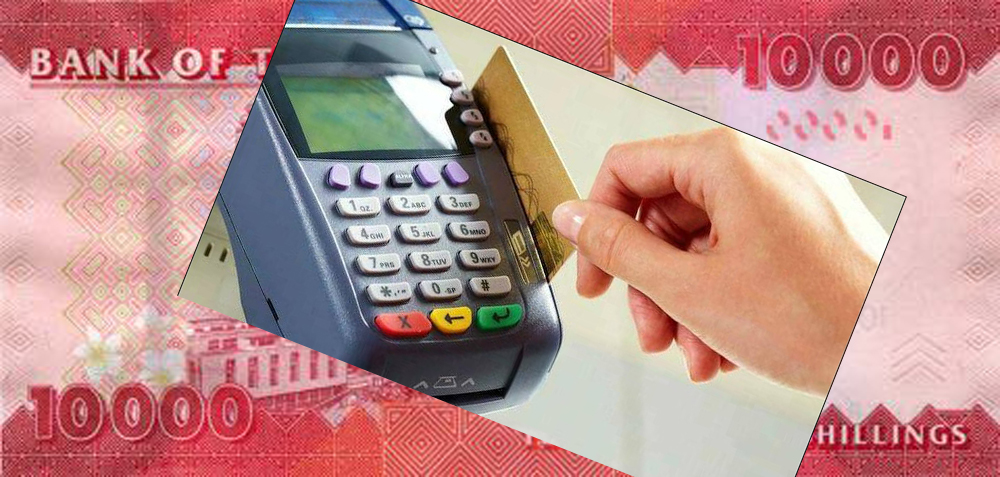Digitizing Value Added Tax payments and supporting formalization of businesses set to increase tax revenue in Tanzania by at least US$477 million per year, a significant increase for a country with a total GDP of around $US47 billion and a low tax/GDP ratio of around 12 percent.
By TZ Busness News Staff
Deepening of digital money in Tanzania has empowered the tourism sector, it has cut bureaucratic inefficiencies in government as well as increased transparency between citizens and governments, a United Nations backed study conducted by a group called Better Than Cash Alliance has found.
Digital money involves expenditure of funds without use of physical cash such as as mobile money transfers and the use of plastic money.
“Tanzania’s results in driving the shift from cash to digital payments are very impressive. The country has developed significant experience that has led it to achieve gains in revenue at double digit rates while also delivering social benefits for its citizens,” said Dr. Ruth Goodwin-Groen, Managing Director of the Better Than Cash Alliance. “Tanzania is building a firm foundation for strong and inclusive growth and we look forward to further progress.”
A United Nations backed document made available to TZ Business News says digitizing Value Added Tax payments and supporting formalization of businesses could increase tax revenue in Tanzania by at least US$477 million per year, a significant increase for a country with a total GDP of around $US47 billion and a low tax/GDP ratio of around 12 percent.
The UN –backed Better Than Cash Alliance is a partnership of governments, companies, and international organizations that accelerate the transition from cash to digital payments in order to reduce poverty and drive inclusive growth. The United Nations Capital Development Fund serves as the alliance secretariat.
 The Tanzania study has also provided important insights on how further expanding digitization of payments in Tanzania can fast-track the country’s economic modernization, the UN-backed document document says.
The Tanzania study has also provided important insights on how further expanding digitization of payments in Tanzania can fast-track the country’s economic modernization, the UN-backed document document says.
Many emerging economies are grappling with how to modernize their economies, improve transparency, drive sustainable growth and advance financial inclusion. This study on Tanzania’s digital payment initiatives reveals very strong results achieved by the deepening.
Digitizing Value Added Tax payments and supporting formalization of businesses could increase tax revenue in Tanzania by at least US$477 million per year, a significant increase for a country with a total GDP of around $US47 billion and a low tax/GDP ratio of around 12 percent.
The new report reveals how Tanzania overcame obstacles of adopting digital Person-to-Government (P2G) and Business-To-Government (B2G) payments. For example, when small traders were reluctant to digitize their point-of-sale payment capabilities because they were required to bear the full costs of purchasing electronic billing machines, the government partnered with the Tanzania Trader’s Association to subsidize the costs.
Furthermore, these digitization efforts contribute to benefits beyond just the economy. They have wide-ranging positive impacts across society, such as driving social inclusion within Tanzania. For example, Sheru Hadha, a Tanzanian customer noted how digital financial inclusion has empowered her in her daily life.
“Digital payments help women be more independent. Before, when we just had cash, it was very tough. To transfer money, I had to go to the bank, and they would ask me for a lot of information and require documentation. I had to line up for a long time, more than three hours. It was a big hassle,” she noted.
Other countries in the region have also taken initiatives to digitize payments and, while many are in the early stages of their transition, the benefits are quickly being realized and becoming evident. Example include Kenya which is targeting to double tax collections over the next three years through its tax filing electronic system, iTax.
In Uganda, the Kampala Capital City Authority’s automated tax collection system boosted revenue by 167 percent in a single year, while Rwanda drove nearly 80 percent adoption of electronic VAT payments made by Small and Medium Sized Enterprises.
East Africa follows footsteps of Scandinavian countries in Europe, where digital money is almost wiping out hard cash in controversial steps viewed by some as threatening secrecy of expenditure.




